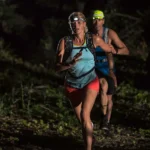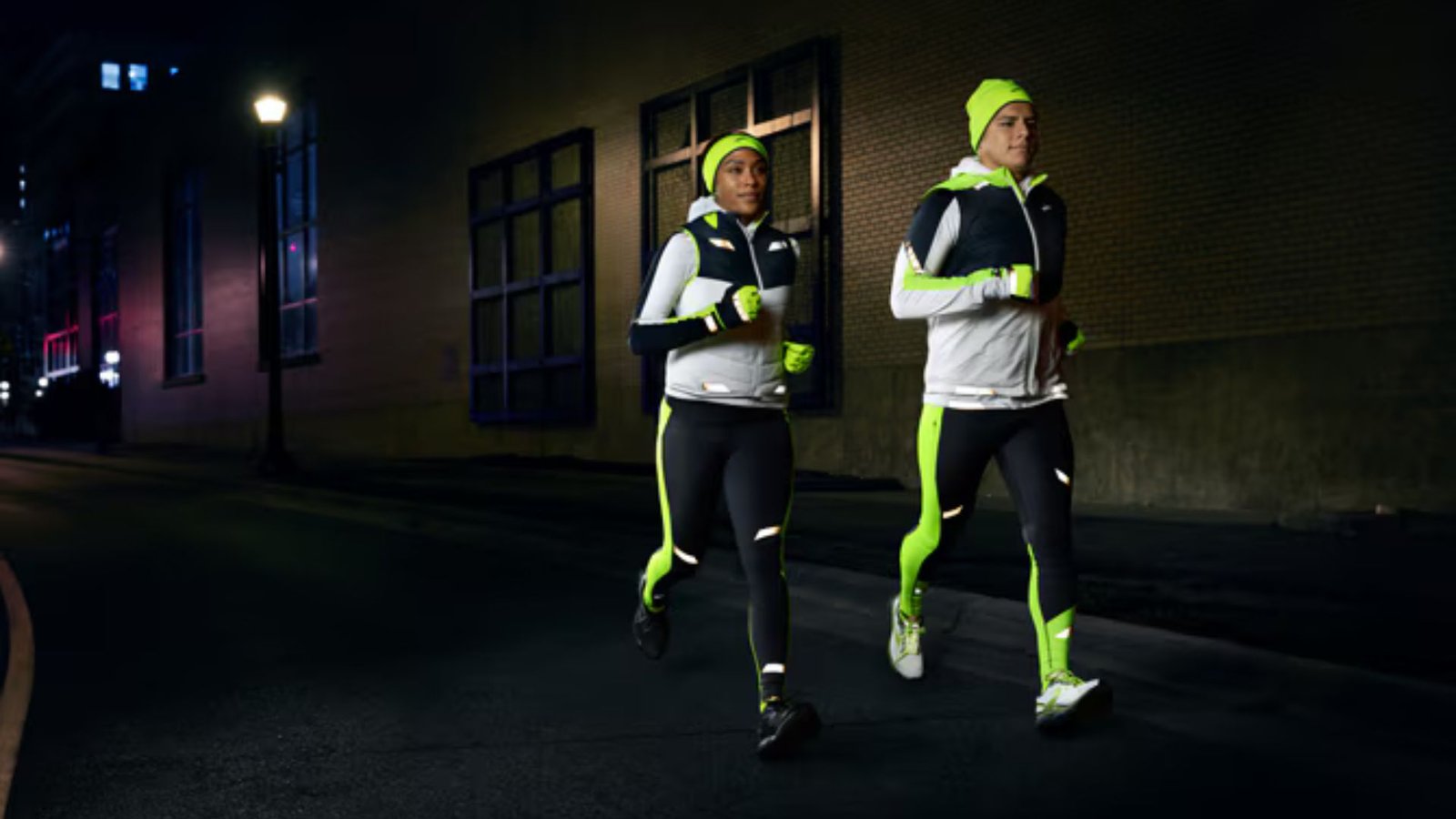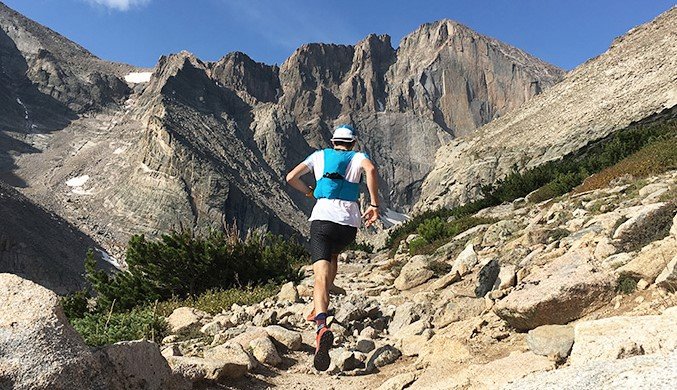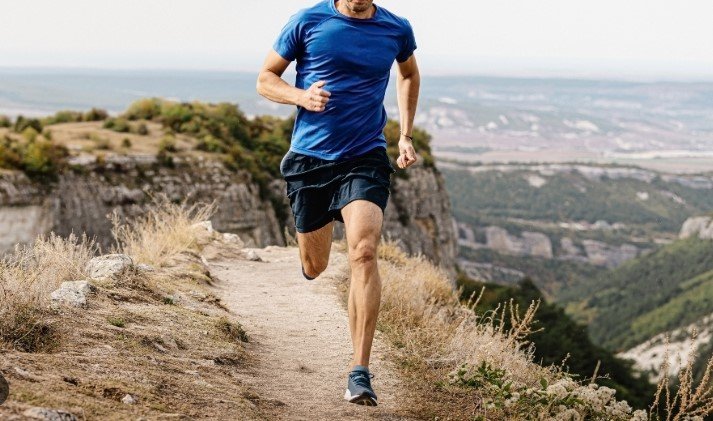When it comes to trail running, there’s something special about hitting the trail at night. Whether you’re an experienced runner or a beginner, night trail running essentials are crucial to ensure a safe and enjoyable experience. Running in the dark brings unique challenges, but with the right gear, you can tackle the trails with confidence. In this article, we’ll walk you through the most important items you’ll need to stay safe and perform well when running at night.
Why Night Trail Running Essentials Are Important
Night trail running can be an incredible experience, but it does come with some risks. Without the right night trail running essentials, you may find yourself struggling to see obstacles, lose your way, or even injure yourself. Having the proper equipment ensures that you can see clearly, stay visible to others, and remain comfortable throughout your run.
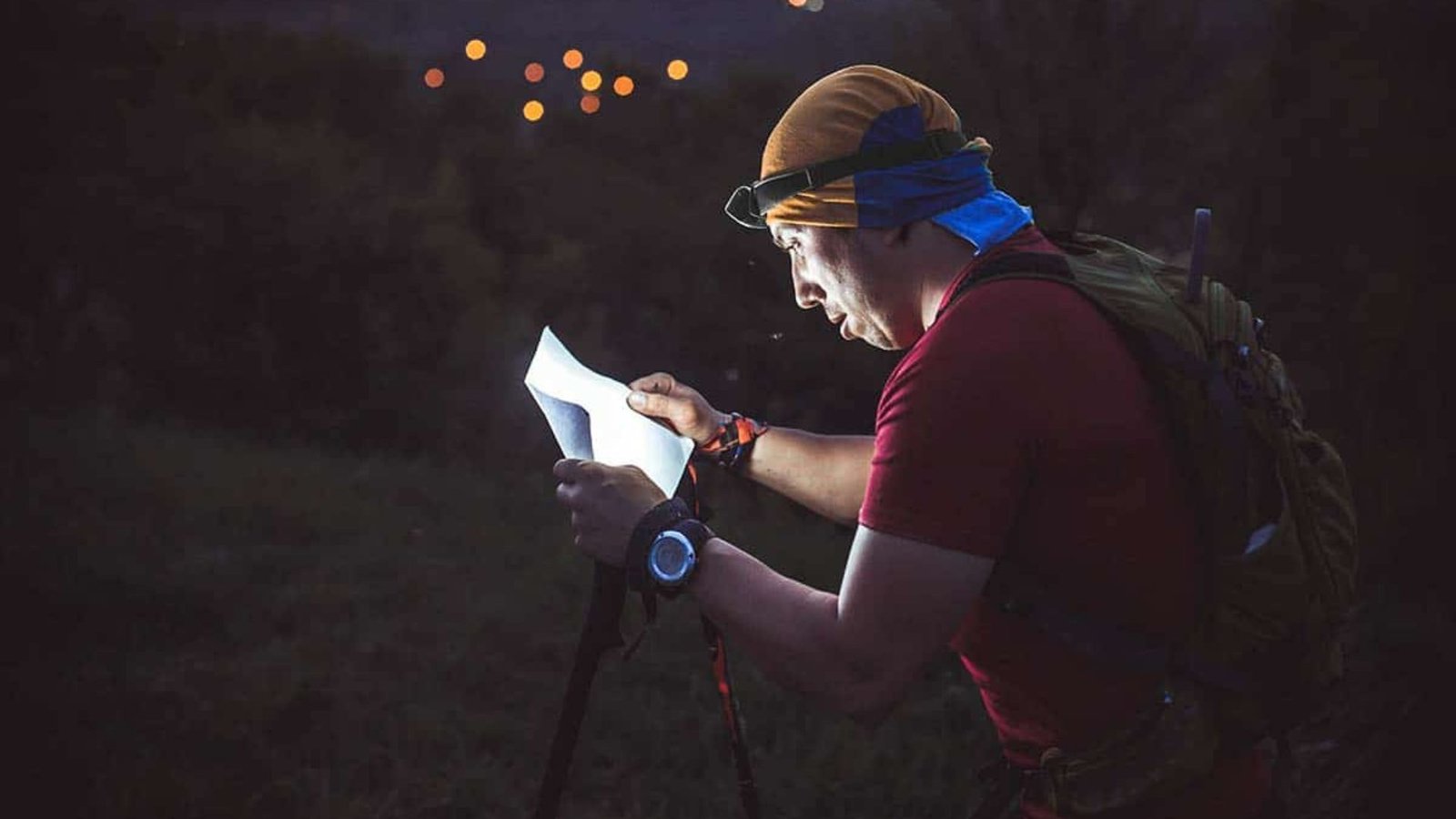
1. Headlamp or Flashlight
One of the most important night trail running essentials is a headlamp or flashlight. Since you’ll be running in low light, you need a light source to see the trail ahead. A headlamp is especially useful as it frees up your hands and shines the light where you’re looking. Make sure your headlamp has adjustable brightness and a long-lasting battery to help you navigate the trail without interruption. Aim for at least 200-300 lumens for good visibility. It’s also smart to carry extra batteries in case your headlamp starts to dim.
2. Reflective Clothing
Visibility is key when running on trails at night. Wearing reflective clothing or gear ensures that other trail users (and vehicles, if applicable) can spot you from a distance.
3. Trail Running Shoes with Good Traction
Running on trails at night can be tricky, especially when the ground is uneven and you can’t see every obstacle. A solid pair of trail running shoes with good traction is essential for maintaining your footing. Look for shoes that offer stability, ankle support, and deep lugs to grip the muddy or rocky surfaces you’ll encounter. This will help you stay safe and prevent slipping on uneven terrain. Additionally, waterproof shoes can be helpful if you run through wet areas.
4. GPS Watch or Smartphone with a Trail Map App
When you’re running on trails at night, it’s easy to lose track of your route, especially when it’s hard to see trail markers. A GPS watch or smartphone with a trail map app can be a lifesaver.
5. Hydration Pack or Water Bottle
Just because you’re running at night doesn’t mean you should forget about staying hydrated. A hydration pack or water bottle is another essential for night trail running. If you’re running for longer than an hour, having water with you is crucial to maintain your energy levels. A hydration pack is particularly useful as it allows you to drink easily without needing to stop or carry an extra bottle in your hands.
6. Extra Layers for Warmth
Temperature can drop quickly at night, especially in the mountains or on cooler trails. It’s a good idea to carry extra layers for warmth when running on trails at night. A lightweight jacket or long-sleeve shirt that you can easily stow in your pack can make a big difference if the weather turns colder. Look for breathable fabrics that wick moisture away from your skin so you stay dry and comfortable.
7. First Aid Kit
Accidents happen, especially when you’re running on uneven and unlit trails. A small, compact first aid kit is an important addition to your night trail running essentials. A basic kit should include bandages, antiseptic wipes, blister protection, and any personal medications you might need. Knowing you have first aid supplies gives you peace of mind while you run through the darkness.
8. Be Aware of Your Surroundings
Running at night changes the way you interact with your environment. You may not be able to see as far ahead or to the sides, so it’s important to stay extra aware of your surroundings. Be cautious of wildlife, other runners, or hikers, and listen carefully for sounds that might signal danger. This awareness should be part of your night trail running strategy, keeping you safe and focused.
9. Plan Your Route Ahead of Time
Planning your route ahead of time is essential for running on trails at night. Try to choose well-known, easy-to-navigate trails where you’re familiar with the terrain. Avoid trails with difficult or dangerous sections if you’re running in the dark. Planning your route ensures that you’re not guessing in the dark about which way to turn, which can prevent unnecessary risks. It also allows you to estimate your finish time so you can prepare accordingly.
10. Tell Someone Where You’re Going
Whenever you go for a night trail run, it’s always a good idea to tell someone where you’re heading and when you plan to return. This is an essential safety measure, particularly if you’re running alone. Sharing your route and expected return time ensures that someone knows where you are in case of an emergency.
Conclusion
With the right night trail running essentials, such as a headlamp, reflective gear, proper shoes, and a solid plan, you can ensure a safe and enjoyable run even in the dark. Always prioritize safety by staying visible, hydrated, and aware of your surroundings. Whether you’re running for fun or training, these essentials will make your nighttime runs smoother and more enjoyable.



